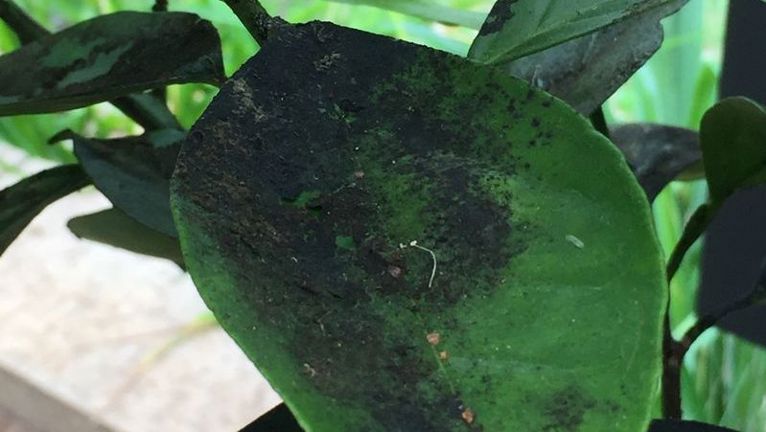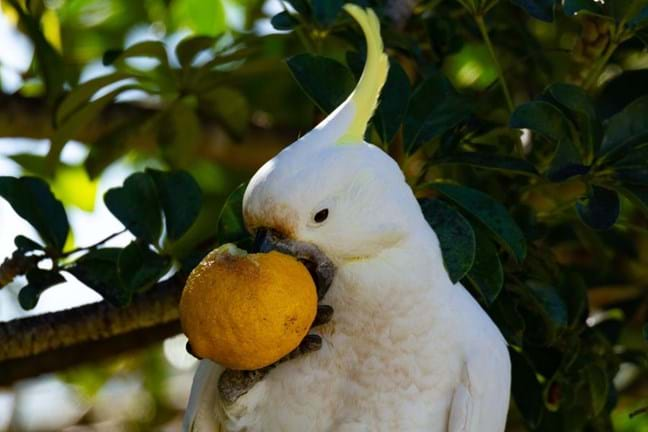In addition to nutrients, having access to enough moisture is important for fruit quality. Citrus trees have a shallow root system and can dry out rapidly. Keep the soil or potting mix moist with regular, deep watering. Applying Yates Waterwise Soil Wetter around the root zone of in-ground and potted citrus will help water penetrate evenly and effectively down into the roots. Spreading a layer of organic mulch, such as bark chips, around the root zone will help retain soil moisture. Keep the mulch 5-10 cm away from the trunk. This allows for improved airflow and helps reduce the risk of trunk diseases.
Remove any weeds and grasses growing around the base of Citrus trees. Weeds steal water and nutrients from the tree and also reduce airflow around the trunk, creating damp conditions for diseases to develop.


















